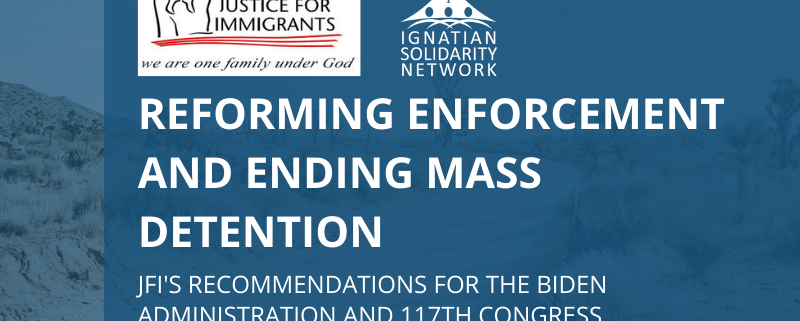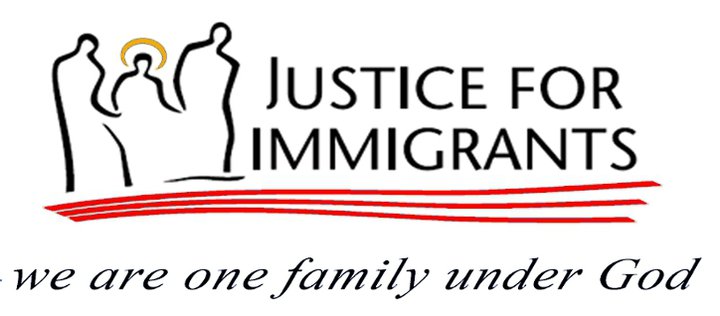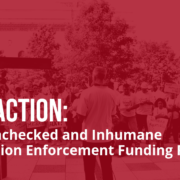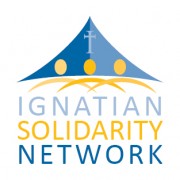Justice for Immigrants: Reforming Enforcement and Ending Mass Detention
The following statement was issued by Justice for Immigrants (JFI) in December of 2020, as part of the JFI coalition’s collective recommendations for the incoming Biden Administration and the 117th Congress.
Immigration enforcement has become more indiscriminate over the last decade, resulting in expanded detention and deportation of persons who have significant ties to their communities and pose no threat to them. The average daily population of detained immigrants has steadily increased from about 20,000 in 2006 to over 40,000 in 2020. Additionally, from 2016 to 2017, there was an increase of 171% in non-criminal immigrants arrested by ICE, whereas the number of criminals taken into custody increased by only 17%. Similarly, 267,258 immigrants were deported from the U.S. in FY 2019; less than half (44%) had any criminal convictions. Intertwined with these actions is the issue of family unity and the all-too-common separation of family members, due to indiscriminate enforcement actions. Families are the building blocks of our communities and a foundational element of Catholic social teaching. The practice of separating family members from one another, especially when children are involved, is directly opposed to our Catholic values. As member organizations of the U.S. Catholic Bishops’ Justice for Immigrants campaign, we affirm that human beings have dignity and are entitled to human decency, due process, and human rights. Thus, we recommend that the Biden Administration take the following actions:
1. Recognize the existence of families and longstanding community members as preeminent mitigating factors in decisions regarding removal and deportation at the U.S. border and in the U.S. interior:
• Enact a 100-day moratorium on deportations of people within the U.S. while conducting a full-scale study of current practices to develop recommendations for transforming enforcement policies and practices of ICE and CBP.
• Develop DHS guidelines to ensure that families and longstanding community members are not targeted for removal.
• Eliminate family detention in the U.S.
• End family separation at the U.S. border and in the U.S. interior. Where family separation nevertheless occurs, ensure specific interagency tracking mechanisms are employed to prevent the previously witnessed issues surrounding subsequent identification and reunification of family members.
• Should family separation nevertheless occur, develop specific interagency tracking mechanisms to ensure that separated families are reunited in as expedient a manner as possible.
2. Reform the immigrant detention system:
• Reduce the use of immigrant detention by reserving its use only for individuals who are national or community security threats. • Expand the use of not-for-profit, community-based alternatives to detention for all eligible populations of released detainees.
• End federal contracts and subcontracts with for-profit corporations for the administration of any case management programming, including those contracted through DHS and HHS.
• Improve existing standards and oversight to ensure safer, more humane detention conditions.
• Implement uniform, humane detention standards for all facilities including comprehensive COVID-19 health and release procedures and access to visitation and pastoral care.
• Fully fund and expand the existing Legal Orientation Program (LOP) and Immigration Court Helpdesk (ICH) to ensure due process for those in proceedings and provide notice about their legal rights and responsibilities.
• Stop using detention as a “deterrent” to illegal migration and de facto refugee flows.
3. Incorporate the identification and protection of vulnerable individuals as part of any interior enforcement strategy:
• Immediately rescind Executive Order 13768, which makes all undocumented individuals a priority for DHS enforcement and removal. Replace this with new guidelines prioritizing removals for national and community security threats.
• Provide consistent access to healthcare, food, shelter, and religious, pastoral, and legal services at all governmental holding facilities, including immigrant detention and holding facilities, as well as state and local prisons and jails.
• Develop guidelines to ensure that asylum-seekers and trafficking and torture survivors, as well as those with health vulnerabilities to COVID-19 and other physical and mental health ailments, are not detained but are released on parole or put on some form of supervised release, if necessary.
• Rescind Executive Order 13767, through which the last administration expanded the use of expedited removal, a nonjudicial enforcement process that fails to protect people seeking asylum.
4. Separate local policing from immigration enforcement:
• End the 287(g) Program and rescind all current 287(g) agreements and Warrant Service Officer (WSO) agreements.
• End the Secure Communities Program.
• Codify in law the sensitive locations policy and make publicly available on bi-annual basis the number of enforcement actions that occur at sensitive locations.










Leave a Reply
Want to join the discussion?Feel free to contribute!